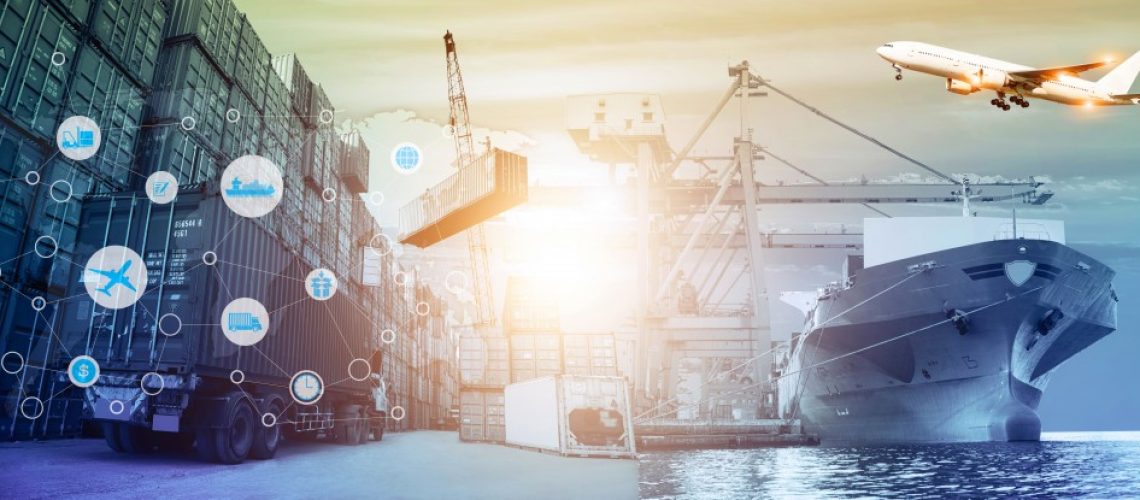How dependent are we on the maritime and shipping industry? More than 90% of global trade passes by our waters. It’s not only important to keep the waters safe, free, and navigable. We also need to consider the impact of the recent pandemic on the industry and the people who work in it.
When the Covid-19 pandemic closed down borders and shut down airports, there is not a single soul who knew what it meant? At the most, experts and industries thought they’ll have a solution on hand in a matter of days or weeks. But that wasn’t the case. Some seafarers had to stay in the ships for more than their contracts allowed after countries closed ports and stopped the disembarkation of people and cargo.
When this happened, no one stopped to think about how it will impact people’s mental health. When different maritime agencies and human rights groups called for action, governments saw the impact of their close-border policies on seafarers and the maritime industry.
Beyond 11 Months
The maximum period that seafarers should be on board a vessel is 11 months. But when the pandemic happened in March, the shipping industry stopped crew changes. This meant that a lot of seafarers had to spend more than 11 months at sea. That puts them at risk of depression and injury. It was a humanitarian crisis never before seen as sea borders are the last one that governments shut down during catastrophes and crises.
The extension of their stay at sea put many seafarers at the forefront of how the pandemic impacted employees, whether on land or sea. And while many of them had started going home in May and June when the International Chamber of Shipping (ICS) and the Federation of National Associations of Ship Brokers and Agents (FONASBA) negotiated for a mandatory crew change, they still want to get back on board now when restrictions have eased. But it’s suddenly harder to go back on board than it was to leave the ship months ago.
Impact on Maritime Employment and Business
Ask any shipbuilding employment agency, and you’ll hear about how the demand for new ships dwindled in the past months. While they continue to place shipbuilders with various shipping companies, their demand wasn’t the same as before. The same is true for seafarer placement agencies. Both these industries are suffering from the long-term impact of the pandemic.
Strict health guidelines and restrictions at the seaports led to the decline in the import and export of goods. With less demand, shipping companies are competing for whatever’s on the table. This is a problem for smaller companies that have less power to compete with larger shipping companies.
Global Coordination
But the shipping industry cannot suffer, lest the rest of the industries want to suffer, too. For example, in the Philippines, reports indicated that more than 100,000 seafarers could not fulfill their contractual obligations because of strict health restrictions. This is unacceptable because Filipinos comprise a third of the total seafarers around the world.
The world needs to react in a coordinated manner to combat the impact of the pandemic. For seafarers to continue doing their work safely, governments and private institutions need to come together to facilitate the testing, isolation, and treatment of outgoing and incoming seafarers. This has proven to be a good policy since it allows seafarers to go back to their jobs.
But this cannot happen in one country alone. Ports should be strict with their health guidelines, yes, but the global economy cannot survive with ports shutting down. Governments must impose strict but accommodating and flexible policies to allow ships’ passage and the disembarkation of cargo.
Dependent on the People

Like any other industry, the maritime industry is dependent on its people. Seafarers need a fairer shot at surviving the pandemic. This means the protection of their rights and their mental and physical health. As far as the global supply chain is concerned, the seafarers are the movers of the global trade and economy. Without them, the shipping and maritime industry will never survive.
The impact of the pandemic is far and beyond. The world has not seen yet how deeply the global supply chain was affected by the pandemic. As early as now, even before the world feels its impact, the maritime and shipping industry should do what it can to survive and thrive. It should also think of ways to protects its millions of workers.

